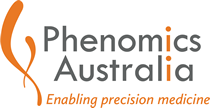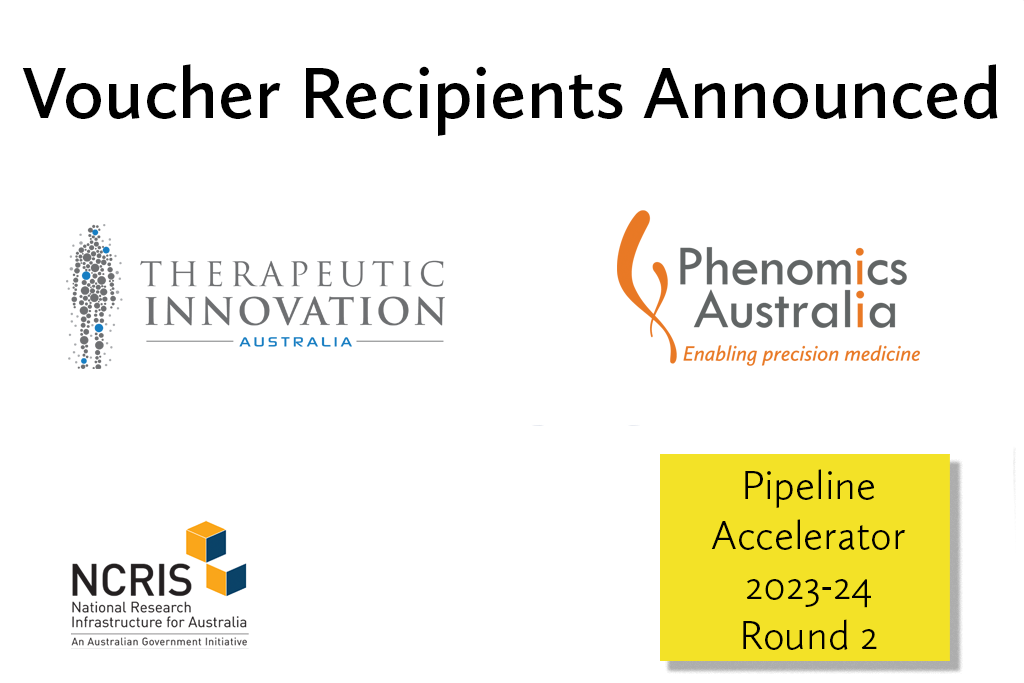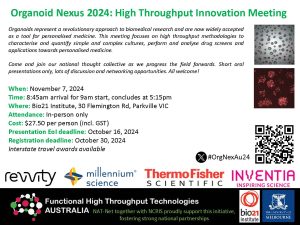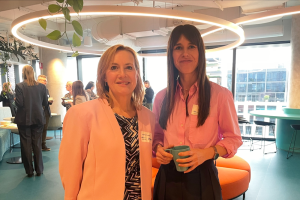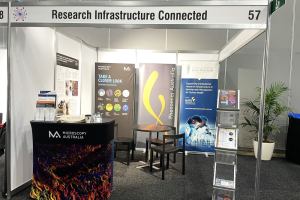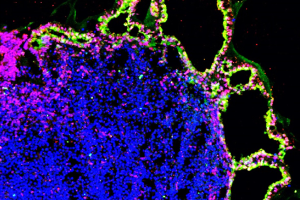In partnership with Therapeutic Innovation Australia (TIA), Phenomics Australia is pleased to announce the successful recipients of the Pipeline Accelerator 2023-24 (Round 2).
Through the National Collaborative Research Infrastructure Strategy (NCRIS) program, Phenomics Australia and TIA support a network of national research infrastructure to address the medical products challenge in the 2021 National Research Infrastructure (NRI) Roadmap. We collectively offer academic researchers and SMEs access to a diverse range of Australian translational medical research capabilities, from the molecular basis of health and disease through to clinical trials.
34 projects to share $1,012,068 in voucher awards to access translation national research infrastructure (NRI) to accelerate the translation of therapeutics to improve human health. Research in kidney, heart, skeletal muscle and cardiopulmonary diseases, cancer, and infectious disease, among others, will advance with the support from Phenomics Australia and TIA. These vouchers will subsidise a maximum of $50,000 of the total cost to access these translation NRIS.
Eleven recipients were awarded with the Phenomics Australia Pipeline Accelerator 2023-24 (Round 2) listed below. Among the recipients, we would like to highlight Dr. Louise Robertson’s (University of Adelaide) project on next-generation CRISPR therapeutics for autosomal dominant retinitis pigmentosa. This project is jointly supported by the South Australia Genome Editing Facility (Phenomics Australia) and Vector and Genome Engineering Facility (TIA).
Phenomics Australia’s Pipeline Accelerator awards:
Click here to see the TIA voucher recipients.
The 11 recipients of the Phenomics Australia Pipeline Accelerator 2023-24 (Round 2) are listed below:
Click on the image to see the Phenomics Australia node involved
Dr Allara Zyberberg (Murdoch Children’s Research Institute)
Phenomics Australia node: Induced Pluripotent Stem Cell Derivation & CRISPR Gene Editing Facility.
Developing reporter lines to enhance human kidney micro-organoids.
Dr Andrew Bejoy Das (Murdoch Children’s Research Institute)
Phenomics Australia nodes: Induced Pluripotent Stem Cell Derivation & CRISPR Gene Editing Facility and Victorian Centre for Functional Genomics.
High-throughput identification of targets that improve kidney organoid generation protocols
Dr Chun Yuen Chow (The University of Queensland)
Phenomics Australia node: Genome Engineering and Disease Modelling Service (UQ - AIBN)
A novel therapeutic intervention for genetic epilepsies using spider-venom peptides
Dr Chengxue Qin (Monash University)
Phenomics Australia node: Monash Genome Modification Platform
Development of Humanised Mice to Improve the Translatability for Cardiopulmonary Disease
Prof. Deborah Marsh (University of Technology Sydney)
Phenomics Australia node: ANU Centre for Therapeutic Discovery.
FDA-approved therapeutic compound library screen to discover new drugs to treat ARID1A mutant ovarian cancer
Dr Dilys Leung (Monash University)
Phenomics Australia nodes: Victorian Centre for Functional Genomics and Monash Organoid Program.
Identification of personalised treatment strategies for breast cancer through high-throughput screening.
Dr Laura Cook (University of Melbourne)
Phenomics Australia node: Victorian Centre for Functional Genomics
A high throughput human organoid model to measure effects of co-cultured immune cells.
Dr Louise Robertson (The University of Adelaide)
Phenomics Australia node: South Australia Genome Editing Facility. Therapeutics Innovation Australia node: Vector and Genome Engineering Facility.
Next-generation CRISPR therapeutics for autosomal dominant retinitis pigmentosa.
Dr Natasha Kelly Tuano (Murdoch Children’s Research Institute)
Phenomics Australia nodes: Induced Pluripotent Stem Cell Derivation & CRISPR Gene Editing Facility and Monash Functional Genomics Platform
Deciphering the role of the kinome in skeletal muscle and their potential use as a therapeutic target in disease
Dr Xaria X Li (The University of Queensland)
Phenomics Australia node: Monash Genome Modification Platform.
Developing new tools to enable the translation of complement therapeutics for human disease
Dr Yuanzhao Cao (The University of Queensland)
Phenomics Australia node: Monash Genome Modification Platform.
A chloride ion channel as a novel therapeutic target for ischaemic heart disease
Contact us to know more about this voucher scheme that aims to support therapeutic development projects by providing up to $50,000 with at least 50% matching co-investment to be provided by the applicant.
Phenomics Australia and TIA are two of the five members of NCRIS Health Group that works closely with each other and provide seamless access to world-class health and medical research infrastructure and expertise.
